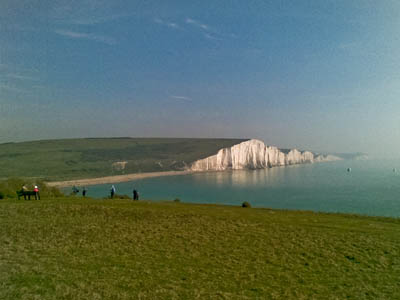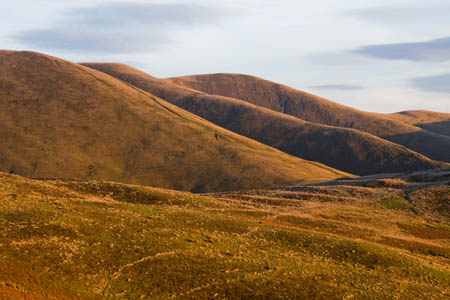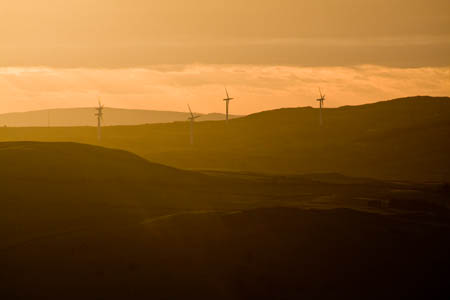
The South Downs. Photo: Paul Stephenson
Sixty years ago, the post-war Labour Government passed an Act of Parliament that would have a profound effect on the British countryside.
Today, campaigners urged the present administration to make the protection of our landscapes its top priority, and expand the network of national parks the Act created.
The National Parks and Access to the Countryside Act was introduced on 31 March 1949 and was described at the time by Labour minister Lewis Silkin as ‘a people’s charter for the open air’. Now, the Campaign to Protect Rural England is calling on Gordon Brown’s Government to put beautiful landscapes at the heart of Government thinking as more Britons shun foreign holidays during the recession.
The CPRE points out that the 1949 Act proposed a South Downs national park. Six decades on, a decision on the park, across Sussex and Hampshire is finally imminent. The CPRE and other campaigners say the South Downs park should cover as wide an area as possible, taking in the Western Weald.

The Howgills, half in, half out of the Yorkshire Dales national park
The organisation, headed by author and journalist Bill Bryson, also wants to see the completion of the ‘bridge’ between the Lake District and Yorkshire Dales national parks. The present park limits follow historic county boundaries, leading to the anomalous situation where, for instance, half the Howgills, a distinct and homogenous group of fells, is in the Yorkshire Dales park and half not.
The CPRE says the area between the Dales and the Lakes should be declared national park land as soon as possible.
Other priorities for the campaigners are to strengthen the rules on development and planning within existing national parks and Areas of Outstanding Natural Beauty; expanding the roles of bigger AONBs such as the North Pennines and Cotswolds, and give all such areas more autonomy; and make sure national parks and AONBs mitigate the effects of climate change without trashing their areas.
Tom Oliver, head of rural policy at the CPRE, said: “The power of beautiful places and beautiful views to lift the human spirit and inspire the best in human nature was recognised by the nation’s leaders at a time of austerity and uncertainty.
“That far-sighted action has provided us with one of our greatest natural assets. We need to secure and extend it in the years ahead.”
Economic difficulties should not be allowed to delay progress in protecting the countryside, the organisation said.
“The significance attached by politicians to the places which are now our national parks and Areas of Outstanding Natural Beauty came at a time of national emergency and huge challenges to society,” Mr Oliver continued.
“Led by CPRE at the time, that view was shared by all political parties. The protection of our finest landscapes and the promotion of their public enjoyment was one of the greatest bi-partisan achievements in England’s modern history.
“As we face future challenges of a similar scale and unprecedented pressures on our land and natural resources, Government should again give top priority to beautiful landscapes and the qualities and opportunities they offer us all.”

Wind turbines: 'intrusive energy infrastructure'
The CPRE says the very things which make our finest landscapes so special and effective are threatened by short-term and ill conceived pressure for development, including poorly located leisure developments; intrusive energy infrastructure such as wind turbines and electricity pylons; damaging road schemes and a lack of adequate investment in upland farming.
Mr Oliver continued: “60 years ago, this country was lucky enough to be led by forward-thinking people across the political spectrum, who knew the power for good of beautiful places.
“Today’s leaders need to re-affirm their determination to keep our special places that way, celebrate their value and to extend and improve them for all our sakes.”
A decision on the South Downs national park is possible this week.